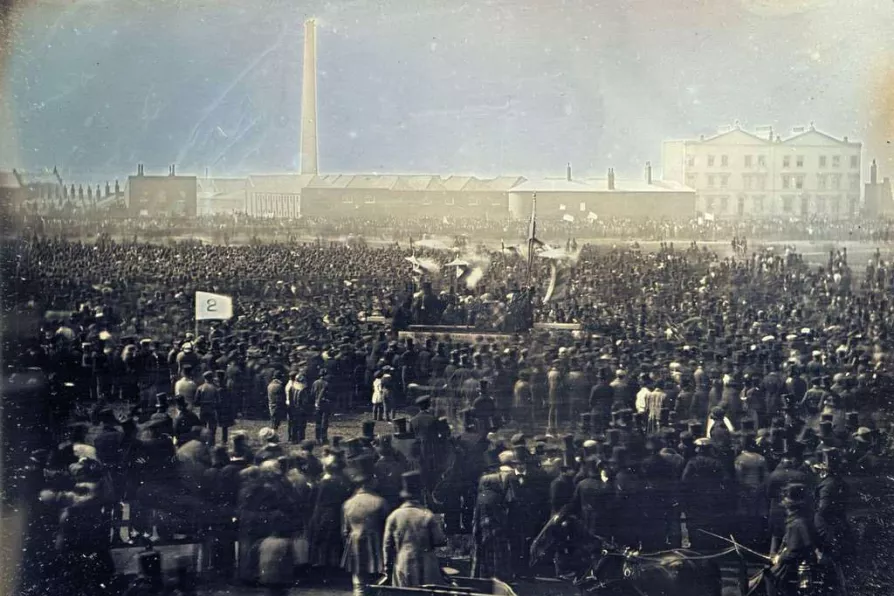Labour prospects in May elections may be irrevocably damaged by Birmingham Council’s costly refusal to settle the year-long dispute, warns STEVE WRIGHT

 TRULY MASSIVE: The great
Chartist meeting on Kennington
Common in London in 1848, was
supported by an even bigger petition
TRULY MASSIVE: The great
Chartist meeting on Kennington
Common in London in 1848, was
supported by an even bigger petition
PETITIONING Parliament has been part of the democratic repertoire of contention for many centuries. Some issues might seem unusual in 2024. A recent study has found that 30 per cent of petitions to the House of Commons between 1833 and 1918 were about drink and temperance.
Petitioning has been in the news again because of an online call promoted by Elon Musk and Nigel Farage for a new British general election to be held. It has gathered several million signatures, albeit from 183 countries. It falls very much into a favourite campaigning area of the hard right — that of manufactured outrage.
Moreover, it is certainly nowhere near the largest-ever petition in Britain. In recent times, several around Brexit have been larger. However, we need to look back to the Chartists for a petition that remains the largest in British history.

The summer saw the co-founders of modern communism travelling from Ramsgate to Neuenahr to Scotland in search of good weather, good health and good newspapers in the reading rooms, writes KEITH FLETT

MEIC BIRTWHISTLE relishes a fine production by an amateur company of a rousing exploration of Wales' radical history












